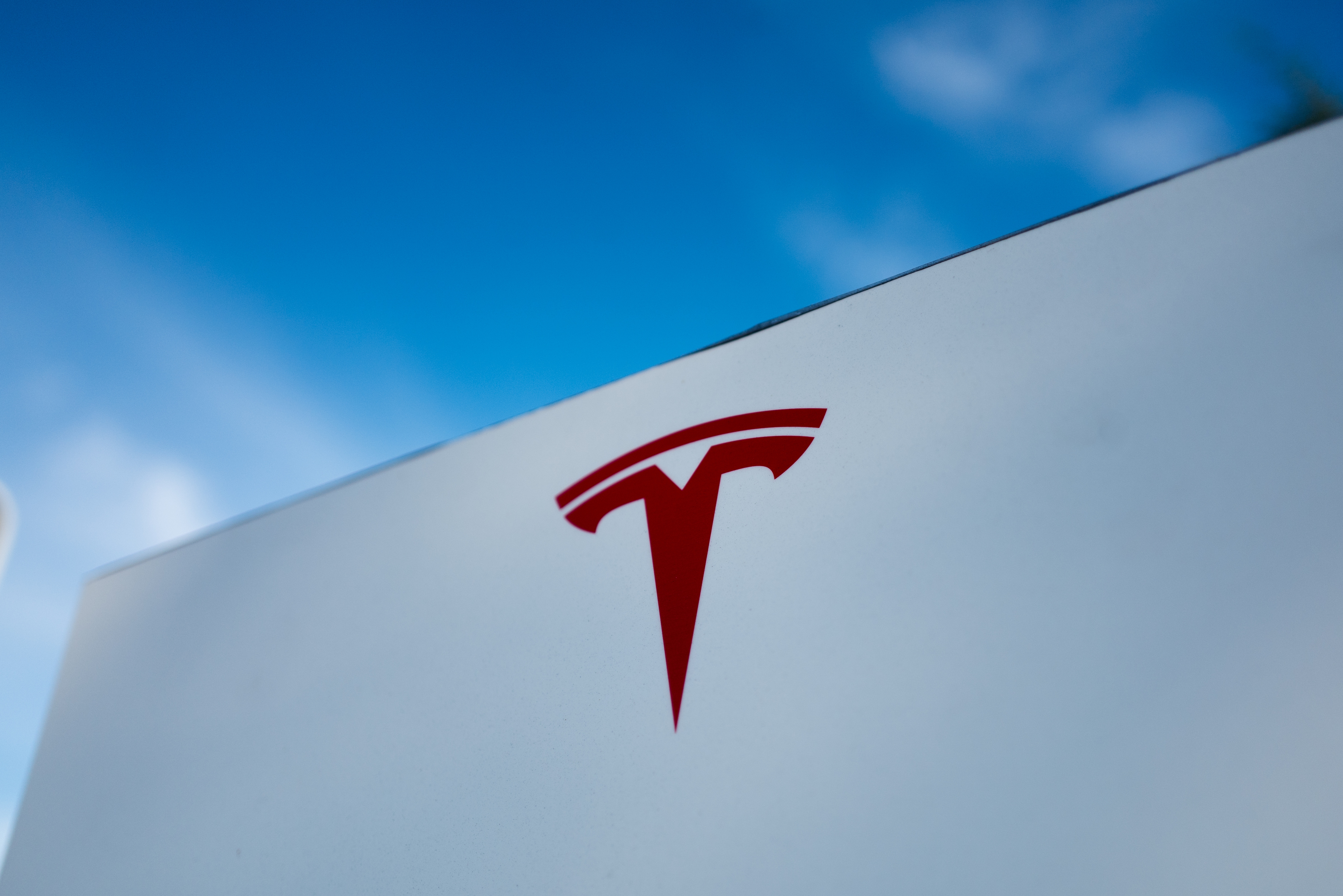Barely a month after federal antitrust concerns shot down Comcast's $45 billion dollar bid for Time Warner Cable, Charter Communications camee back Monday with a $55 billion deal to take over Time Warner.
Charter, which is also acquiring Bright House Networks, stands poised to become the second biggest cable and broadband provider in the country after Comcast.
Telecom expert Paul Trane of Kerbey Harrington Pinkard LLP and its Telecommunications Insight Group unit predicted Monday the Charter bid will go through, with some conditions.
“I think it will raise some red flags,’’ Trane said. “I think there will be some divestiture of some of the systems that are being merged, but I think at the end of the day, it gets approved.’’
Trane said it helps that Charter has no major interests in programming businesses. “I think Comcast had its own unique situation where they owned NBC. They owned a lot of programming. And the FCC thought it controlled too much market share.’’
Federal Communications Commission chairman Tom Wheeler warned that “an absence of harm is not sufficient” to get the Charter-Time Warner deal approved. Boston University associate dean T. Barton Carter, chairman of BU’s Department of Mass Communication, Advertising & Public Relations, said they'll have to prove their merger would benefit consumers.
“They’re going to talk about how the efficiencies of the two will allow them to offer better services, invest better in new facilities,’’ Carter said, particularly high-speed broadband offering downloads of 25 megabits per second or faster, a key area of concern for the FCC.
Business
Charter, Time Warner, and Bright House combined would represent about 30 percent of what the FCC considers quality broadband – well below the 57 percent that Comcast and Time Warner would have controlled, but potentially still a higher percentage than the FCC and antitrust regulators may consider acceptable.
In New England, Time Warner is huge in Maine and northern New Hampshire and operates systems in Berkshire County, Massachusetts. Charter has smaller clusters around Worcester, in Connecticut, and in Vermont.
In New England, it’s possible that a merged Charter and Comcast could swap some systems in order for each to bulk up their footprint in specific states. As part of a package of system swaps designed to get its Time Warner bid approved, Comcast had a deal to take over Charter’s cable franchises in Worcester. Comcast executives have long talked about how much they would love to have a Boston-Worcester-Springfield megacluster of cable franchises.
While a merged Charter may speed up its efforts to provide faster broadband, and respond to regulators’ pressure by giving people a wider – and cheaper – range of options for getting television channels and video content by broadband, few experts imagine the company lowering cable or broadband bills.
“Generally speaking, consolidation doesn't lower pricing,’’ Trane said.
While it creates a bigger company that theoretically can negotiate better wholesale prices for programming and says it can shrink $800 million from overhead costs over three years, with the new and much larger Charter nearly as big as Comcast, Carter said: “You're really creating two dominant companies now, which means they both have more power than they should. That’s not good.’’



